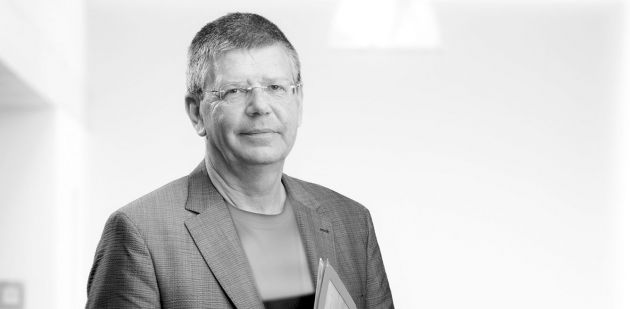
After graduating in 1975, I firmly believed that I was, like my contemporaries, lucky to have experienced an extraordinary period in the development of medicine. Science has progressed more in these past forty years than over any previous centuries. When I was a student in the 1970s, I read Chance and Necessity (Le hasard et la nécessité) by Jacques Monod, which said, “The ancient alliance has been broken; man finally knows that he is alone in the indifferent immensity of the universe from which he has emerged by chance. No more than his destiny, his duty is written nowhere. It is for him to choose between the Kingdom and the darkness.”
Jacques Monod, working with François Jacob, won the Nobel Prize for showing that DNA was the trigger for biochemical reactions. It was the early stages of genetics. Now, some forty years later, genome sequencing can be ordered online for $5,000. That’s a quantum leap.
More importantly, this staggering progress is extraordinarily beneficial for the majority of patients. However, it makes patient care and hospital organisation considerably more complex. How can we offer quality medicine and medical research – which the University of Lausanne and the hospital are constantly developing to provide the best of what is available (and not everything that is available) – while factoring in the patient’s cultural, social and economic environment? How can we practise sophisticated, complex medicine without disregarding the human aspect that is essential to its effectiveness?
Even though science has made mind-boggling progress, the patient’s needs were the same in the 16th century as they will be in the year 2300. Patients need to be received, cared for and above all, heard. The major risk now with the
development of personalised medicine, when patients can realistically receive custom care based on their genome, is
that the practice of medicine becomes depersonalised. That it loses precisely what it should keep, its humanity.